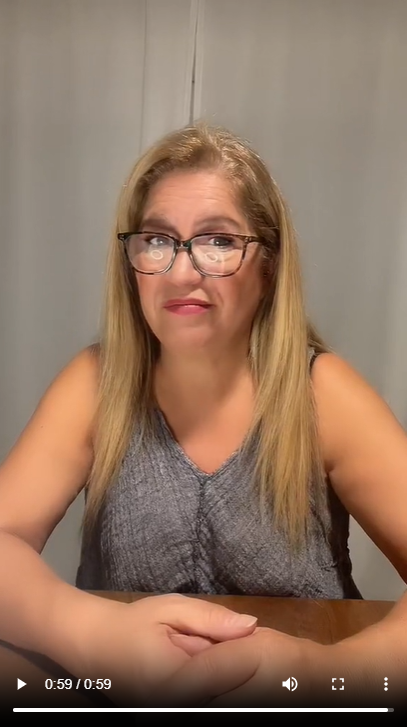Are You Poly—or Just Cheating? Here's How I Try to Tell the Difference
One of the most important—and most difficult—questions people ask me as a polyamorous woman is this:
“How do you really know if someone is actually poly… or if they’re just cheating on their spouse without their knowledge?”
It’s a fair question. A critical one, actually.
Because while polyamory is rooted in consent, honesty, and transparency, cheating is the exact opposite. It’s built on secrecy, deception, and harm. And unfortunately, in the world of dating—especially online—it’s not always easy to tell the difference right away.
So, how do we navigate that? How do we protect ourselves while still being open to connection?
Let’s talk about it.
Here’s the hard truth first: sometimes, you just don’t know.
There’s no universal marker that separates an ethically non-monogamous person from someone who’s lying to their partner. People can—and do—misrepresent themselves, especially in digital spaces where they can curate and control what others see.
But over time, and with experience, you start to notice patterns. There are red flags that tend to show up when someone isn’t being honest. And while no method is perfect, developing a thoughtful vetting process can save you from entering relationships built on false pretenses.
In my polyamorous life, my husband and I practice what’s often called kitchen table polyamory. That means our style is inclusive and open—everyone knows about everyone else, and in many cases, we're all willing to sit down at the same table, metaphorically or literally.
This doesn’t mean that all my partners must meet each other, but they’re certainly aware of each other. No secrets. No back doors. No hidden profiles or blocked calls. Just transparency, even when it’s uncomfortable.
That value system informs how I vet potential partners. I ask questions early on. I listen carefully to the language people use. And I watch for signs that suggest misalignment between what they’re saying—and what they’re actually doing.
There are a few words or behaviors that immediately raise red flags for me—phrases that, in my experience, often signal someone who is not being honest about their relationship status.
One of the most common? “Discretion.”
Now, to be fair, discretion isn't always a deal-breaker. Some people are out as polyamorous, while others are not. Everyone’s journey is different, and not everyone can—or should—be expected to be out to everyone in their life.
But when someone says they “need discretion” in a way that feels vague or evasive—especially if they also say they can’t host, aren’t open to video calls, or avoid answering direct questions—that’s often a sign that they’re not practicing ethical non-monogamy. They’re likely hiding.
And I’m not interested in hiding.
I’ve also learned that many men—when asked directly—will tell the truth. Some are surprisingly candid and will admit, flat-out, “My wife doesn’t know.” And when they do, my answer is equally clear: “Thank you for your honesty, but I’m not available for this dynamic.”
If you’re exploring polyamory, especially as someone new to the community, it’s crucial to understand this: polyamory is not about having multiple partners—it’s about having multiple honest relationships.
The “ethical” part of ethical non-monogamy matters. It is what makes polyamory a valid, empowered, and love-affirming relationship model—not just a license to act outside of commitment.
Being deceived into participating in someone else's betrayal isn't just hurtful—it's a violation of your own boundaries and values. It undermines the very foundation of trust that makes polyamorous relationships sustainable.
So don’t be afraid to ask direct questions. Don’t be afraid to require clarity. And don’t be afraid to walk away when something feels off.
Yes, dating as a polyamorous person requires more communication. More boundaries. More self-awareness. And sometimes, more emotional labor. But the trade-off is worth it—because what you gain is a community of people who are choosing to love with eyes wide open.
If someone is hiding, that’s not your burden to carry.
And if someone tells the truth, even when it’s hard, that’s the beginning of something real.
So to everyone asking this question: keep asking. Keep vetting. Keep choosing relationships that honor your integrity.
Because love isn’t real unless it’s rooted in consent.

